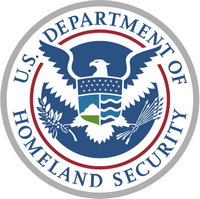As if terrorists, drug cartels and rogue nuclear states weren't enough to worry about, the United States is now under cyberattack. Spies from China, Russia and elsewhere have broken into the country's electrical grid, gathering intelligence and perhaps even planning for an unprecedented blitz: buckling the country's energy infrastructure. Worried, aghast and surprised? Of course. But in another sense, the report falls in line with the rapidly transforming nature of international threats: What yesterday seemed inconceivable is today commonplace. Some scoffed when former Secretary of Defense Donald Rumsfeld talked about the difference between "known unknowns" and "unknown unknowns." But from Pearl Harbor to 9/11 to today's cyberthreats, the unimaginable represents the fundamental challenge confronting U.S. national security, and foreign-policy institutions are ill-equipped to deal with it. In his probing and brilliant new book, "The Age of the Unthinkable: Why the New World Disorder Constantly Surprises Us And What We Can Do About It," Joshua Cooper Ramo offers a variety of imaginative solutions for remedying that situation, among the boldest being quite simply to replace the Department of Homeland Security with the Department of Resilience.
Under the Influence: The Unthinkable in Foreign Policy

